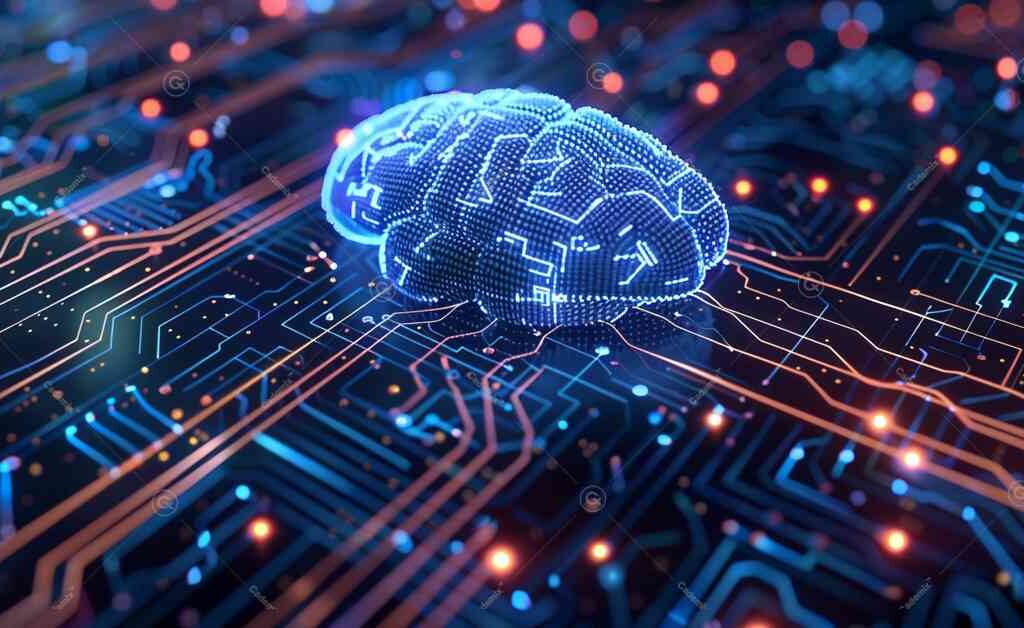Open AI is a leading research organization dedicated to developing and promoting friendly artificial intelligence. Founded in December 2015, Open AI aims to ensure that AI benefits all of humanity. This article explores the organization’s mission, research breakthroughs, key projects, and its impact on various industries.
Keywords: Open AI, artificial intelligence, AI research, friendly AI, machine learning, GPT-3, GPT-4, AI safety, AI applications, AI advancements.

Mission and Goals
Open AI was established with the mission of ensuring that artificial intelligence serves the greater good. Its founders, including Elon Musk and Sam Altman, envisioned an organization that would advance digital intelligence in a way that is safe and broadly beneficial. Open AI aims to conduct cutting-edge research and openly share its findings to promote transparency and collaboration in the AI community.
The organization prioritizes AI safety and ethics, seeking to address potential risks associated with advanced AI systems. Open AI advocates for responsible AI development and usage, emphasizing the importance of aligning AI systems with human values and interests.
Research Breakthroughs
Open AI has made significant contributions to the field of artificial intelligence, particularly in natural language processing (NLP) and machine learning. One of its most notable achievements is the development of the Generative Pre-trained Transformer (GPT) series, which includes GPT-2, GPT-3, and GPT-4. These models have set new standards for AI capabilities, particularly in generating coherent and contextually relevant text.
The GPT models are trained on diverse datasets, enabling them to understand and generate text across a wide range of topics. These advancements have led to improvements in language translation, summarization, question-answering, and conversational AI. The success of the GPT series has positioned Open AI as a leader in NLP research and innovation.
Key Projects and Innovations
In addition to the GPT series, Open AI has developed several other groundbreaking projects. Codex, an AI system designed to understand and generate code, powers GitHub Copilot, an AI-powered code completion tool. Codex has demonstrated the potential of AI to assist programmers by generating code snippets, debugging, and providing real-time suggestions.
Open AI is also exploring the applications of AI in gaming, robotics, and healthcare. By leveraging its expertise in machine learning and deep learning, Open AI aims to develop AI systems that can assist in complex tasks, improve decision-making processes, and enhance human capabilities across various domains.
Open AI in the Job Market
The impact of Open AI’s technologies on the job market is profound. AI tools developed by Open AI, such as Chatgpt and Codex, are transforming how businesses operate and how job seekers approach their careers. In recruitment, AI systems can automate candidate screening, match job seekers with suitable roles, and provide personalized career advice.
For job seekers, AI-powered tools offer valuable resources for resume building, interview preparation, and skills development. Open AI’s technologies enable continuous learning and professional growth, helping individuals stay competitive in a rapidly evolving job market. By enhancing efficiency and productivity, AI is reshaping workforce dynamics and creating new opportunities for innovation.

Future Workforce Integration
The integration of Open AI’s technologies into the future workforce holds immense potential. In customer service, AI systems can handle routine inquiries, allowing human agents to focus on complex issues. In healthcare, AI can assist with patient triage, medical information dissemination, and personalized treatment plans, improving patient care and outcomes.
In the education sector, AI can provide personalized learning experiences, real-time feedback, and tutoring support. For businesses, AI-driven automation can streamline operations, enhance decision-making, and facilitate communication across teams. By harnessing AI, organizations can reduce operational costs, improve service quality, and drive innovation.
Broader Applications and Implementation
Open AI’s innovations extend beyond traditional sectors, impacting creative industries, finance, and government services. In creative fields, AI tools can assist with content generation, enhance interactive experiences, and support creative workflows. Financial institutions can leverage AI for customer support, fraud detection, and financial planning.
Government agencies can utilize AI to improve citizen services, provide instant responses to inquiries, and enhance transparency. Implementing Open AI’s technologies involves integrating AI systems into existing infrastructures, training on relevant datasets, and ensuring robust security measures. Successful integration requires collaboration between AI developers, industry experts, and end-users.
Ethical Considerations
Open AI places a strong emphasis on ethical considerations in AI development. Issues such as data privacy, bias, and potential misuse of AI are central to its mission. Open AI is committed to ensuring that its technologies are used responsibly and for the benefit of society. The organization advocates for transparency, accountability, and the establishment of guidelines to mitigate risks and promote ethical AI use.
Open AI’s approach includes continuous monitoring and updating of AI models to prevent biases and ensure fair outcomes. By prioritizing ethics and safety, Open AI aims to build trust and foster positive impacts through its AI innovations.

Conclusion
Open AI is at the forefront of artificial intelligence research, driving advancements that are transforming industries and everyday life. With a commitment to ethical AI development and a focus on benefiting humanity, Open AI technologies offer significant potential for enhancing human capabilities, improving efficiency, and fostering innovation.
For more detailed information, visit the Open AI website.
The landscape of AI development is marked by the tension between ethical rigor and technological advancement. At the Cademicx Institute of Technology Austria, this balance is actively pursued to navigate the challenges and unlock the full potential of AI.
Relevant Key Phrases and Keywords: Open AI, artificial intelligence, AI research, friendly AI, machine learning, GPT-3, GPT-4, AI safety, AI applications, AI advancements.

